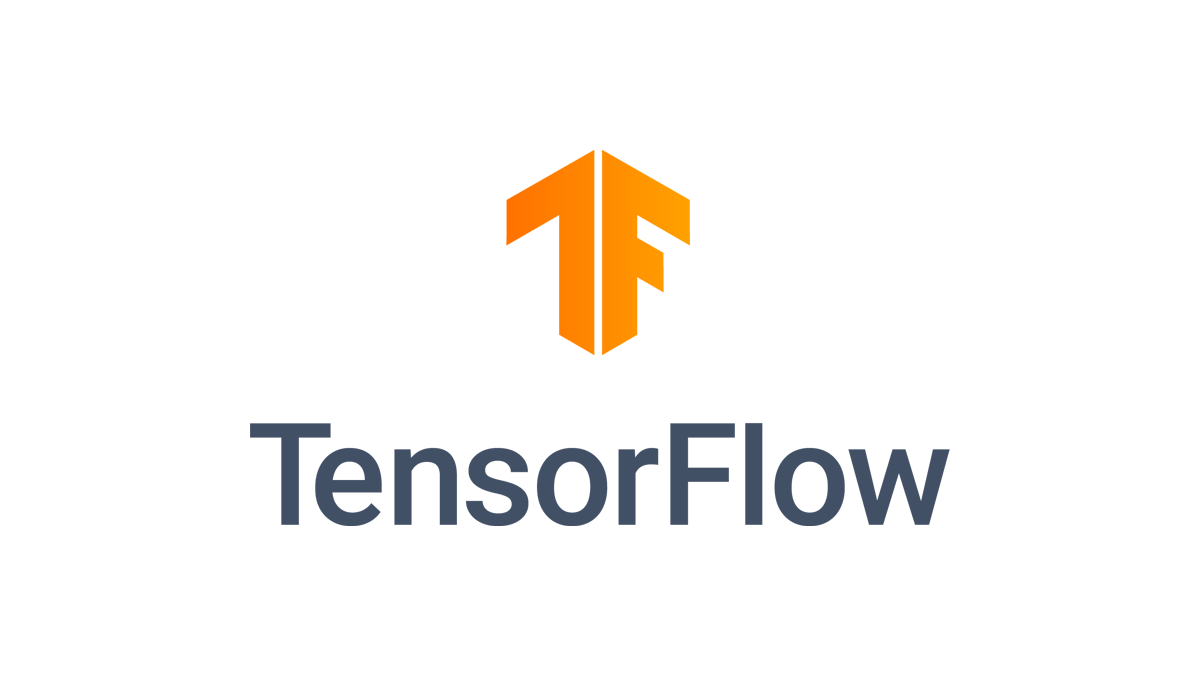tensorflow_1.15.2
Project description

Documentation |
|---|
 |
TensorFlow is an end-to-end open source platform for machine learning. It has a comprehensive, flexible ecosystem of tools, libraries, and community resources that lets researchers push the state-of-the-art in ML and developers easily build and deploy ML powered applications.
TensorFlow was originally developed by researchers and engineers working on the Google Brain team within Google's Machine Intelligence Research organization for the purposes of conducting machine learning and deep neural networks research. The system is general enough to be applicable in a wide variety of other domains, as well.
TensorFlow provides stable Python and C++ APIs, as well as non-guaranteed backwards compatible API for other languages.
Keep up-to-date with release announcements and security updates by subscribing to announce@tensorflow.org. See all the mailing lists.
Install
See the TensorFlow install guide for the pip package, to enable GPU support, use a Docker container, and build from source.
To install the current release:
$ pip install tensorflow
The tensorflow package also includes GPU support on Linux and Windows.
If package size is a concern, CPU-only packages can be installed with:
$ pip install tensorflow-cpu
Nightly binaries are available for testing using the tf-nightly and tf-nightly-gpu packages on PyPi.
Try your first TensorFlow program
$ python
>>> import tensorflow as tf
>>> tf.enable_eager_execution()
>>> tf.add(1, 2).numpy()
3
>>> hello = tf.constant('Hello, TensorFlow!')
>>> hello.numpy()
'Hello, TensorFlow!'
For more examples, see the TensorFlow tutorials.
Contribution guidelines
If you want to contribute to TensorFlow, be sure to review the contribution guidelines. This project adheres to TensorFlow's code of conduct. By participating, you are expected to uphold this code.
We use GitHub issues for tracking requests and bugs, please see TensorFlow Discuss for general questions and discussion, and please direct specific questions to Stack Overflow.
The TensorFlow project strives to abide by generally accepted best practices in open-source software development:
Continuous build status
Official Builds
| Build Type | Status | Artifacts |
|---|---|---|
| Linux CPU |  |
pypi |
| Linux GPU |  |
pypi |
| Linux XLA |  |
TBA |
| MacOS |  |
pypi |
| Windows CPU |  |
pypi |
| Windows GPU |  |
pypi |
| Android |  |
 |
| Raspberry Pi 0 and 1 |   |
Py2 Py3 |
| Raspberry Pi 2 and 3 |   |
Py2 Py3 |
Community Supported Builds
| Build Type | Status | Artifacts |
|---|---|---|
| Linux AMD ROCm GPU Nightly |  |
Nightly |
| Linux AMD ROCm GPU Stable Release |  |
Release |
| Linux s390x Nightly |  |
Nightly |
| Linux s390x CPU Stable Release |  |
Release |
| Linux ppc64le CPU Nightly |  |
Nightly |
| Linux ppc64le CPU Stable Release |  |
Release |
| Linux ppc64le GPU Nightly |  |
Nightly |
| Linux ppc64le GPU Stable Release |  |
Release |
| Linux CPU with Intel® MKL-DNN Nightly |  |
Nightly |
| Linux CPU with Intel® MKL-DNN Supports Python 2.7, 3.4, 3.5, and 3.6 |
 |
1.13.1 pypi |
| Red Hat® Enterprise Linux® 7.6 CPU & GPU Python 2.7, 3.6 |
 |
1.13.1 pypi |
Resources
- TensorFlow.org
- TensorFlow tutorials
- TensorFlow official models
- TensorFlow examples
- TensorFlow in Practice from Coursera
- TensorFlow blog
- TensorFlow Twitter
- TensorFlow YouTube
- TensorFlow roadmap
- TensorFlow white papers
- TensorBoard visualization toolkit
Learn more about the TensorFlow community and how to contribute.
License
Project details
Release history Release notifications | RSS feed
Download files
Download the file for your platform. If you're not sure which to choose, learn more about installing packages.
Source Distributions
Built Distribution
Filter files by name, interpreter, ABI, and platform.
If you're not sure about the file name format, learn more about wheel file names.
Copy a direct link to the current filters
File details
Details for the file tensorflow1_fork-1.15.2.1-py3-none-any.whl.
File metadata
- Download URL: tensorflow1_fork-1.15.2.1-py3-none-any.whl
- Upload date:
- Size: 5.3 MB
- Tags: Python 3
- Uploaded using Trusted Publishing? No
- Uploaded via: twine/4.0.2 CPython/3.10.12
File hashes
| Algorithm | Hash digest | |
|---|---|---|
| SHA256 |
e9dc3c397953eea9d76fedcb3b0595ba8cf06569597f77f29609fc420453722d
|
|
| MD5 |
23b1ef161e25aaffc6995efe4826e0bb
|
|
| BLAKE2b-256 |
dd838bc4276826d0cf1e5a0cf01974ac3d54897aab86cc352ee8cc8583241a00
|












